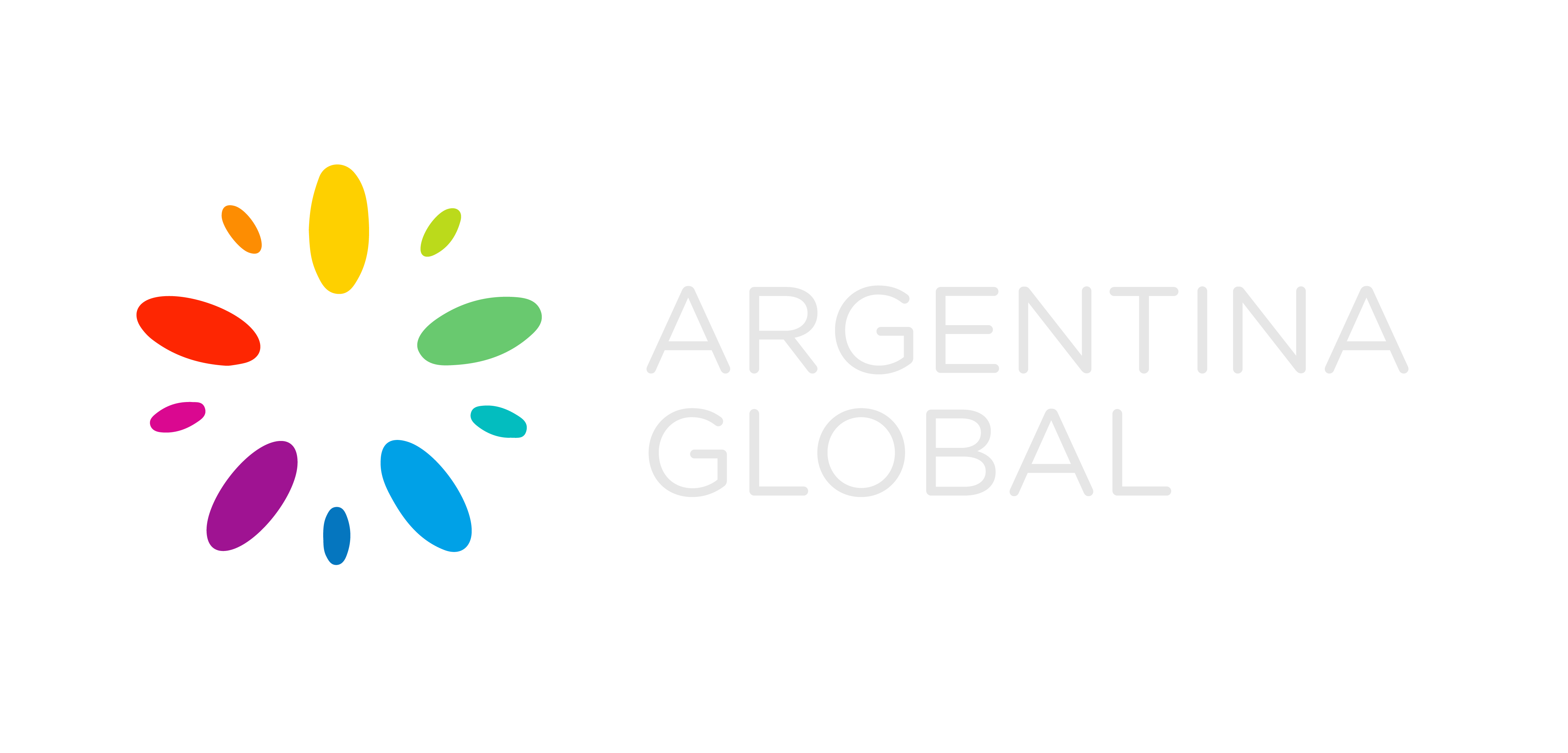MARINE ENVIRONMENT: SOUTH ATLANTIC

Contextual factors, global
● Climate change and global warming
● Change in power relations, the US, Russia, China that affect the international coalitions
● Loss of relevance of international agreements
● Changes in the systems of international governance
Conditions of the environment, maritime South Atlantic
● Pollution
● Over-exploitation of living resources
● Predatory practices by powers of extra-regional
● Unique political sensitivity by the conflict of sovereignty in the falklands / Malvinas and South Atlantic Islands
To cope with these conditions, the governance shows or have:
1.- Deficient regulation of dispersion, overlap, contrast, and gaps in legislation. Work to unify together the existing and conform to the regulations in order to meet the challenges of the future.
2.- Deficiency instrumental for the proper implementation of the legislation and the actual control of the problem. This lack of material resources involves finding ways of access to funds that allow such control in order to overcome the current vulnerability of the area.
3.- Technological backwardness: the scientific and technological research lacks the resources according to the demands of the advanced development at the global level.
4.- Low participation of public and private organizations. Improving education on the subject to raise awareness among the population about the problem in such a way that they become proactive.
These problematic conditions mean that, at present, the country lacks a clear strategy for the marine who sponsors the development of national capacities and contribute to diminish or soften the impact of their vulnerabilities. To contribute to the definition of that strategy, and face the problems highlighted, it would be timely to investigate the opportunities that the maritime environment South Atlantic offers, and the strengths of institutional resources, the organizational capacities of public and private engaged in the same, the applicable resources to the productive development and the knowledge economy that can be configured to confront them, in order to increase the investment of resources-human, material and financial development of the field.
Note: In the case of the agricultural environment, the experience of direct seeding has been highlighted as a factor of opportunity, associated with the environment, to stimulate and increase investment in the sector, and to contribute to the overall development of the country.
A recent publication of Vigneau, Vilella and Rappoport[1] shows that investments in the country are dependent on or are closely related to the regulatory stability, the interest in the market, the level of taxes, the cost of labor, availability of natural resources and strategic assets. In our country, the regulatory framework is not friendly with investments, taxes are high, as the cost of the labor and investments in natural resources (oil or mining) do not impact on the productive system. However, despite the low level of attractiveness or availability of these factors, the agricultural environment, from the direct seeding, would be offering comparative advantages important as to compensate for the deficiency of those.
Taking this example as an illustration of a perspective of development, it would be timely to explore environmental factors of the marine environment South Atlantic, which may provide an opportunity to increase investment in the area, in relation to the conditions and problems already identified.
BIBLIOGRAPHY● Vigneau, Peter; Vilella, Fernando and Rappoport, Luis (October 13, 2021). Environment, an opportunity for investments in Argentina. Argentina And More Sustainable. Retrieved from: https://argentinamassustentable.com.ar/?p=2880
